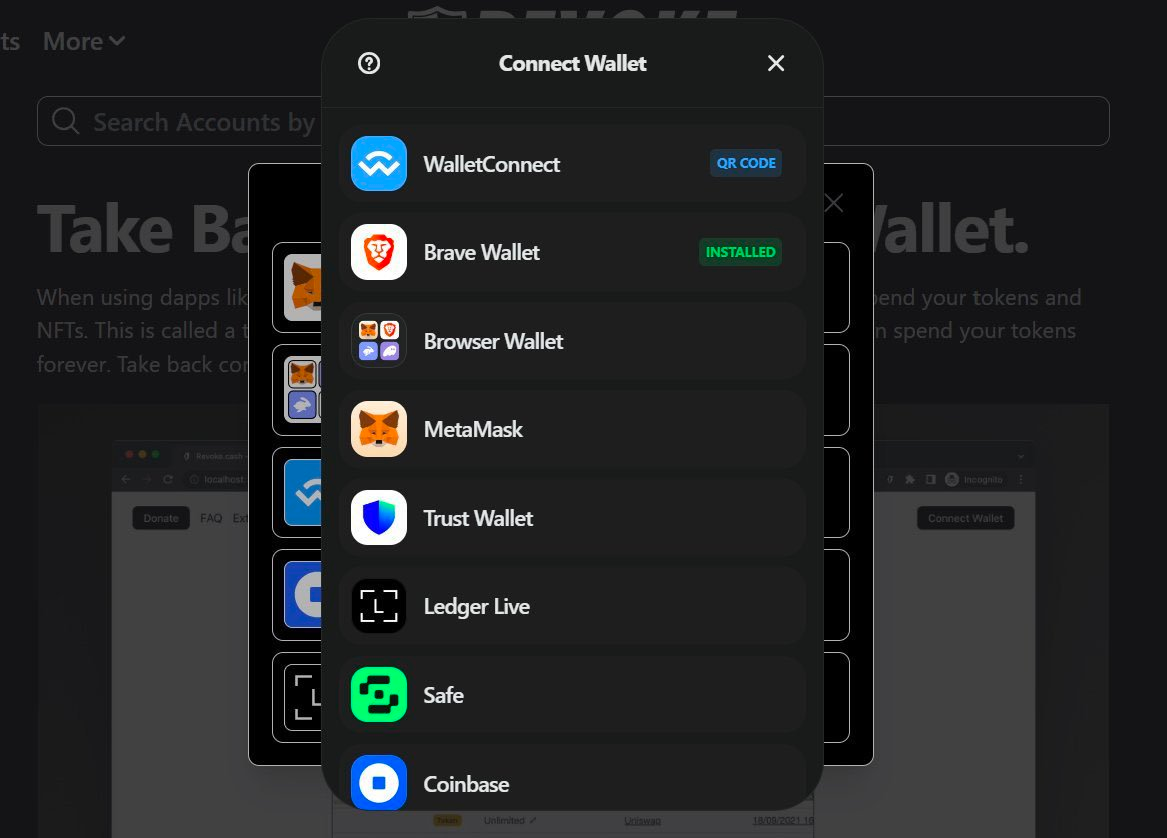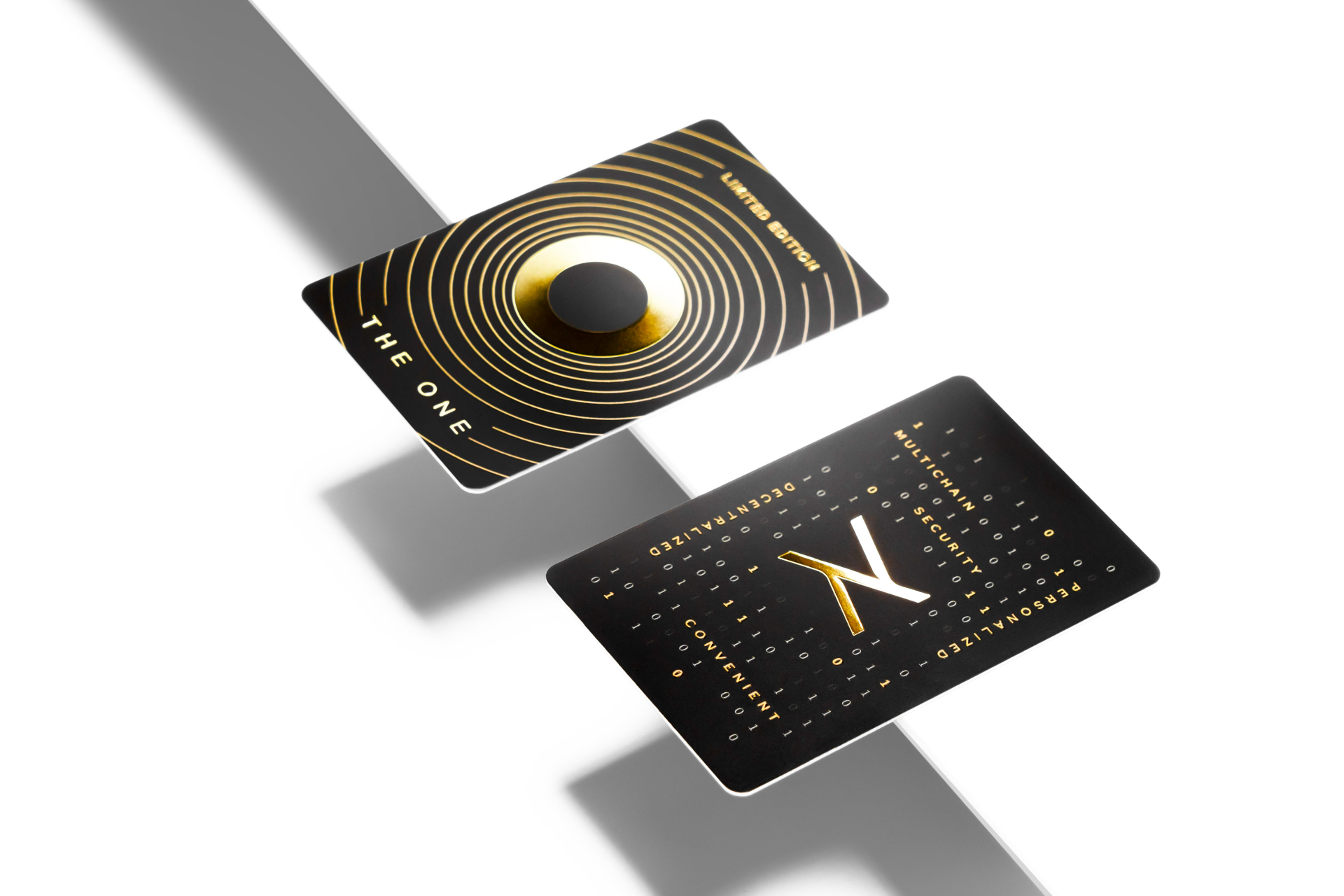Top 4 ways to store crypto assets for beginners
Although cryptocurrencies are increasingly being accepted by many people, their nature is currently just pieces of code and data that exist on the blockchain network. From there, it can easily be appropriated in many forms of attack.
Therefore, crypto investment is not only about focusing on professional knowledge, but also about preparing for digital asset protection measures.
4 Ways to Store Crypto for Beginners
Stored on a centralized exchange (CEX) wallet
Storing assets on the Binance, OKX, Bybit... exchanges is a popular form of token storage, from newcomers to those with many years of experience in the crypto market. Therefore, there are some notes for newbies to better manage assets including:
- Use 2FA: Users should use 2FA when creating accounts and storing coins/tokens on CEX exchanges. In the event that a user's electronic device is hacked, and hackers infiltrate exchange accounts, 2FA is the final barrier that prevents hackers from transferring the user's assets.
- Use multiple exchanges: Users should store assets in many different CEX exchanges, avoiding cases where an exchange closes or collapses, including /span>. Binance
However, this form depends on the third party CEX, when the entire asset depends on the ability management and security of trading floors. In the past, there were scandalous events from CEX exchanges that caused users' assets to "fly away".
Typically, the FTX exchange collapsed in 2022, the bankruptcy amount reached nearly 9 billion USD, a series of investors lost all assets stored on the FTX exchange, even nearly 1 billion USD. year they still have not been refunded the amount.
Read more: The knock-on effects from the collapse of FTX to Solana.
Users and investment funds "race each other" withdraw money from FTX exchange.
Another example is Mt.gox - a large exchange in 2010-2014, stole 750,000 Bitcoin assets from customers row. Currently, victims of Mt.Gox are only refunded 200,000 Bitcoin.
Store on hot wallet
Storing on hotwallet is a relatively popular and common form in the crypto market such as Coin98 Super Wallet… comes with advantages such as an easy-to-use interface, flexibility when using multiple networks, and does not depend on third-party management…
Hot wallets are classified based on many ways, this article will divide into the following form:
- According to device used: web wallet, mobile wallet and desktop wallet.
- According to private key control: custodial wallets (custodial) and non-custodial wallets (non-custodial).
In addition, hot wallets are an essential tool if users want to interact with dapp, accessing products in Web3 so storing on hot wallets is quite popular, especially non-custodial wallets. 
However, connecting to the Internet to interact with dApps in DeFi also reveals the disadvantages of hot wallets. For example, in case a user connects to a fake dApp and gets infected with a virus, the assets in the wallet may evaporate or private key/passphrase be corrupted. highway.
In addition, storing the passphrase/private key is also an important factor when users use hot wallets, because revealing the passphrase/private key or losing it means the user loses assets.
On the market there are currently a number of solutions, in order to limit the risk of viruses exposing private keys, users can use Ramper Wallet< a i=2>. Ramper Wallet uses a security mechanism to separate the user's private key into two pieces and is preserved by two parties including Fortanix and Ramper Cloud Service. Therefore, the wallet's private key will not be exposed if the device has a virus.
Store on cold wallet
Storing on cold wallet is a form of asset preservation with higher security than the above two forms, allowing Users store coins without an Internet connection. Therefore, risks related to hacks, viruses, exploits... usually do not happen on cold wallets.
Cold wallets are divided into many types based on shape and usage. These include:
- Hardware wallet
- Paper wallet
- Audio wallet
Currently on the market, paper wallets and sound wallets are no longer popular, but only hardware wallets are still widely used.
Due to high security, the price of hardware wallets is often quite high (about 150-200 USD) and is not really popular in the crypto market.
There are only a few companies specializing in producing hardware wallets including Trezor, Ledger…, KeepKey
Although many people believe that cold wallets are perfect in terms of security, this is no longer true when on December 14, 2023, Ledger's toolkit had problems and dApps like Revoke.cash, SushiSwap... used Using this toolkit are all subject to phishing attacks (the total number of dApps using Ledger's toolkit is 295 projects).
Specifically, Ledger's error caused the dApp's wallet connection interface to be replaced by a "fake port". If a user simply logs into the Ledger wallet, the attacker will gain access to the assets on the cold wallet. According to CoinDesk, the attack on Ledger caused up to $484,000 in damage to cold wallet users. The “fake” interface override the dApp's main interface.
The “fake” interface override the dApp's main interface.
Store on “hybrid wallet"
November 1, 2023, Ninety Eight introduces a storage product that combines hot and cold wallets, . Specifically, Zen Card supports users to store assets without an Internet connection, similar to a cold wallet. At the same time, Zen Card combines with Coin98 Super Wallet (hot wallet) to be able to transact and interact with dApp, increasing flexibility when participating in the Web3 space.Zen Card
Read more: What is Zen Card? Ninety Eight.'s comprehensive storage solution Shape of Zen Card.
Shape of Zen Card.
Zen Card's operating model is considered relatively new in the crypto market. When users connect Coin98 Super Wallet and Zen Card, the private key of the personal wallet will be encrypted and separated into two parts. In there:
- Half is encrypted and stored on the phone.
- The other half is also encrypted and located on the Zen Card.
Therefore, in case the user's mobile device is infected with malware or the Zen Card is lost, the user's private key/passphrase and assets cannot be stolen.
In addition, Zen Card helps users ensure safety in dApp interactions, when all transactions are with the dApp revoke immediately after the transaction is completed. Reduces the fear of losing assets when participating in DeFi.
What type of wallet should I choose to suit myself?
First, users need to determine whether the purpose of the asset is to hold it long-term or short-term. In case users participate in speculation, storing assets on exchanges or hot wallets is an appropriate choice, allowing investors to have flexibility whenever the market fluctuates.
For long-term investors, cold wallets or Zen Cards are a better choice than hot wallets and exchange wallets. However, if users use cold wallets, financial activities on DeFi such as staking, farming... will be somewhat limited.< /span>
In addition, if users invest in crypto through regular dApp interactions, Zen Card is obviously the optimal choice, as it automatically revokes each interaction smart contract of dApps. From there, limit the risks of errors or attacks such as rug pulls, exploits, malware...



































